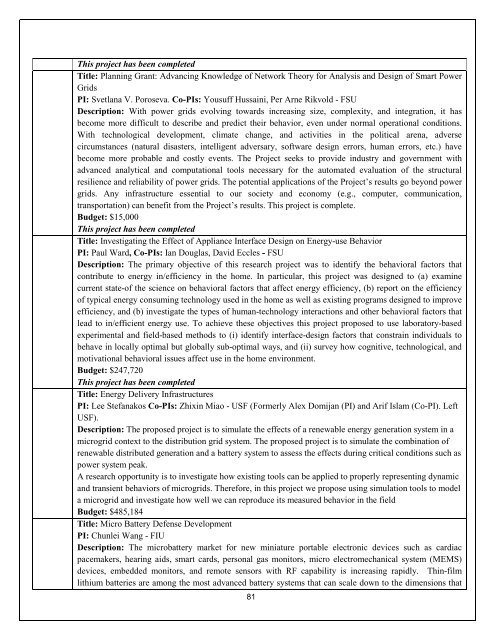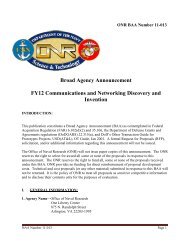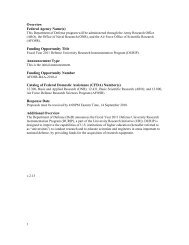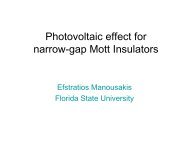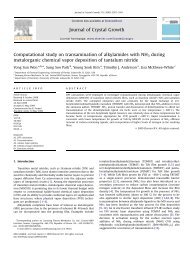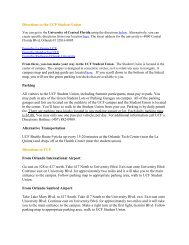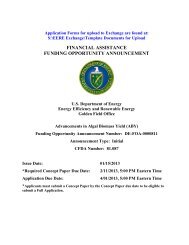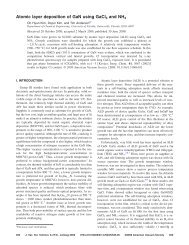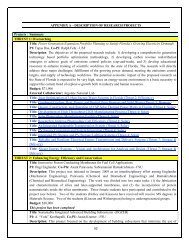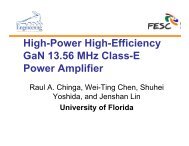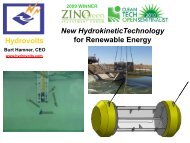This project has been completedTitle: Planning Grant: Advancing Knowledge of Network Theory for Analysis and Design of Smart PowerGridsPI: Svetlana V. Poroseva. Co-PIs: Yousuff Hussaini, Per Arne Rikvold - FSUDescription: With power grids evolving towards increasing size, complexity, and integration, it hasbecome more difficult to describe and predict their behavior, even under normal operational conditions.With technological development, climate change, and activities in the political arena, adversecircumstances (natural disasters, intelligent adversary, software design errors, human errors, etc.) havebecome more probable and costly events. The Project seeks to provide industry and government withadvanced analytical and computational tools necessary for the automated evaluation of the structuralresilience and reliability of power grids. The potential applications of the Project’s results go beyond powergrids. Any infrastructure essential to our society and economy (e.g., computer, communication,transportation) can benefit from the Project’s results. This project is complete.Budget: $15,000This project has been completedTitle: Investigating the Effect of Appliance Interface Design on <strong>Energy</strong>-use BehaviorPI: Paul Ward, Co-PIs: Ian Douglas, David Eccles - FSUDescription: The primary objective of this research project was to identify the behavioral factors thatcontribute to energy in/efficiency in the home. In particular, this project was designed to (a) examinecurrent state-of the science on behavioral factors that affect energy efficiency, (b) report on the efficiencyof typical energy consuming technology used in the home as well as existing programs designed to improveefficiency, and (b) investigate the types of human-technology interactions and other behavioral factors thatlead to in/efficient energy use. To achieve these objectives this project proposed to use laboratory-basedexperimental and field-based methods to (i) identify interface-design factors that constrain individuals tobehave in locally optimal but globally sub-optimal ways, and (ii) survey how cognitive, technological, andmotivational behavioral issues affect use in the home environment.Budget: $247,720This project has been completedTitle: <strong>Energy</strong> Delivery InfrastructuresPI: Lee Stefanakos Co-PIs: Zhixin Miao - USF (Formerly Alex Domijan (PI) and Arif Islam (Co-PI). LeftUSF).Description: The proposed project is to simulate the effects of a renewable energy generation system in amicrogrid context to the distribution grid system. The proposed project is to simulate the combination ofrenewable distributed generation and a battery system to assess the effects during critical conditions such aspower system peak.A research opportunity is to investigate how existing tools can be applied to properly representing dynamicand transient behaviors of microgrids. Therefore, in this project we propose using simulation tools to modela microgrid and investigate how well we can reproduce its measured behavior in the fieldBudget: $485,184Title: Micro Battery Defense DevelopmentPI: Chunlei Wang - FIUDescription: The microbattery market for new miniature portable electronic devices such as cardiacpacemakers, hearing aids, smart cards, personal gas monitors, micro electromechanical system (MEMS)devices, embedded monitors, and remote sensors with RF capability is increasing rapidly. Thin-filmlithium batteries are among the most advanced battery systems that can scale down to the dimensions that81
match the MEMS devices. However, these two-dimensional (2D) batteries are necessarily thin in order tomaintain effective transport of Li ions. In order to power MEMS devices with limited device area (areal“footprints”), batteries must somehow make good use of their thickness. Three-dimensional (3D)configurations offer a means to keep transport distances short and yet provide enough material such that thebatteries can power MEMS devices for extended periods of time. In this project, we focus on developingfunctional 3D microbatteries based on our carbon microelectromechanical systems (C-MEMS) technique.These microbatteries could offer order of magnitude increases in electrode surface area and chargingcapability than thin film batteries at the same size scale.Budget: , $192,418.30 – Not Funded by FESCTitle: Electrostatic Spray Deposition of Nanostructured Porous Metal Oxide CompositePI: Chunlei Wang - FIUDescription: Recently, conversion reactions of interstitial-free 3d metal oxide structures (such as CoO,CuO, and NiO) with structures unsuitable for intercalation chemistry have nevertheless been shown toexhibit large, rechargeable capacities in cells with lithium. The specific capacities of these materials, whichare potential candidates for the negative electrode, can be as high as 1,000 mAhg-1 (about three times ofcommonly used graphitic carbons). However, practical implementation using these metal oxides ishampered by the large capacity loss of the first cycle and poor material cyclability. These problems arepartially attributed to the significant volume changes that occur during lithium uptake and removal (molarvolume change of ~100%), which causes mechanical failure and the loss of electrical contact at the anode.They are also due to aggregation of metal nanoparticles that appears during the process of discharging themetal oxide anodes. In order to overcome these two challenges and develop excellent rate capabilities andhigh power densities of Li-ion batteries, metal oxide composite electrodes with hierarchical mixedconducting network structures will be synthesized. We propose the preparation and testing of multicomponentmetal oxide anode films with a variety of morphologies using a simple and versatile methodbased on the electrostatic spray deposition (ESD) technique. The ESD technique enables us to reproduciblyfabricate thin film ceramic materials with simple, low-cost and controllable designed morphologies. ESDderivedceramic thin films we obtained including 3-D reticular, spongy-like, hollow sphere, dense, etcmorphologies. The structures of these films can be easily tailored by changing the precursor solutioncomponent(s) and adjusting the substrate temperature. In this project, we plan to fabricate porous metaloxide materials, MxOy (M=Fe, Co). Material characterization methods (such as: SEM, TEM, AFM, BET,etc) will be used to study the correlation between ESD parameters and surface morphologies.Budget: $88,378.711 - Not Funded by FESCTitle: Fabrication and Investigation of Porous Tin Oxide Anodes for Li-Ion Micro BatteriesPI: Chunlei Wang - FIUDescription: The requirement of higher energy capacity microbatteries demands the exploitation of newsubstitute materials with higher energy capacity than traditional graphite. SnO2 has been considered as oneof the most promising substitutes for the carbon anode in Li-ion batteries due to its high Li+ storagecapacity. However, the practical application of SnO2 as anode is restricted by poor cyclability and ratecapability due to large volume change during cycling, which can cause disintegration and electricaldisconnection from current collector. In this project, we propose the preparation and testing of tin oxideanode films with a variety of porous morphologies using Electrostatic Spray Deposition (ESD) technique.Our research focus will be developing an ESD processing to fabricate tin oxide electrode with differentpore sizes ranging from macropores to mesopores and down to micropores; constructing hierarchicalporous tin oxide electrode by controlling process parameters and introducing a surfactant or polymeradditives, and material characterization and electrochemical analysis in order to investigate the correlation82


